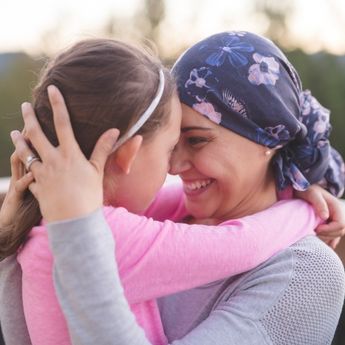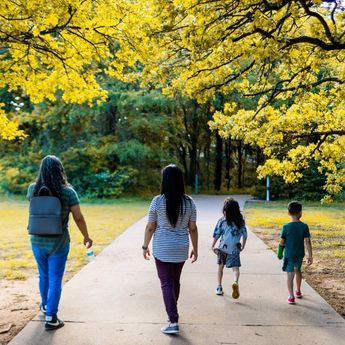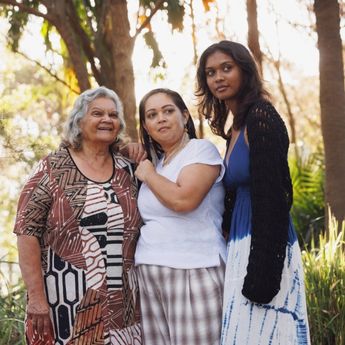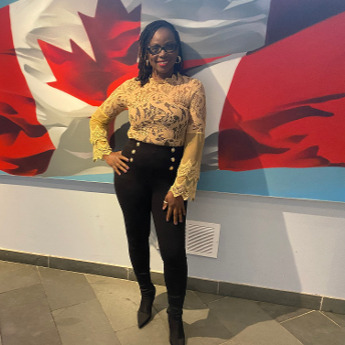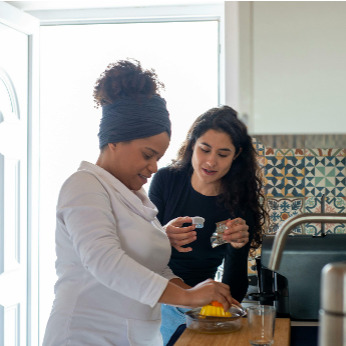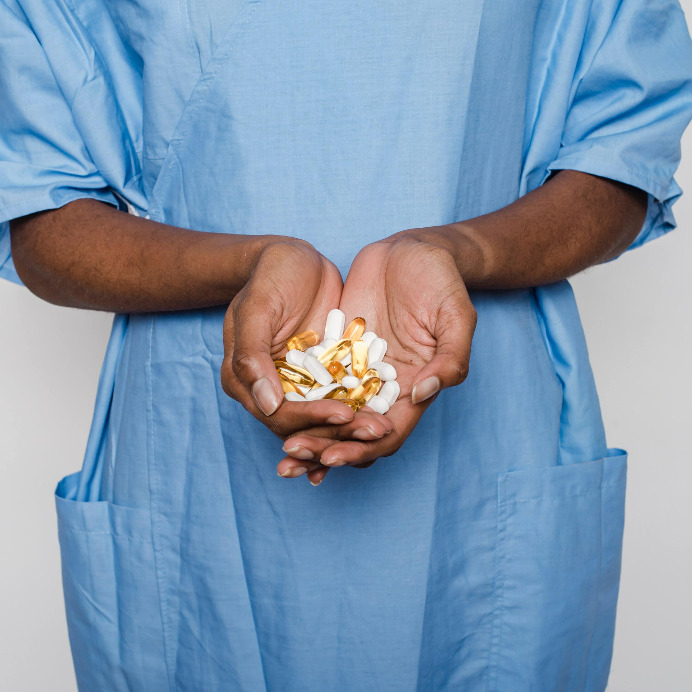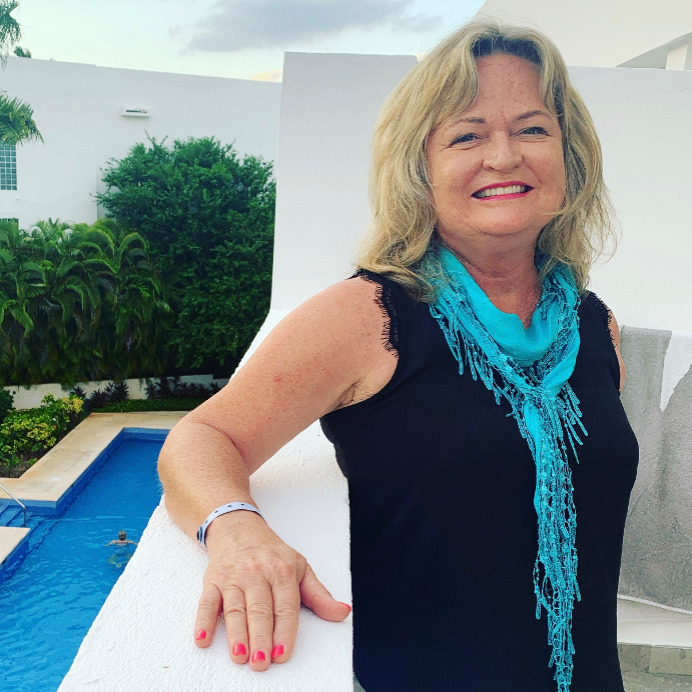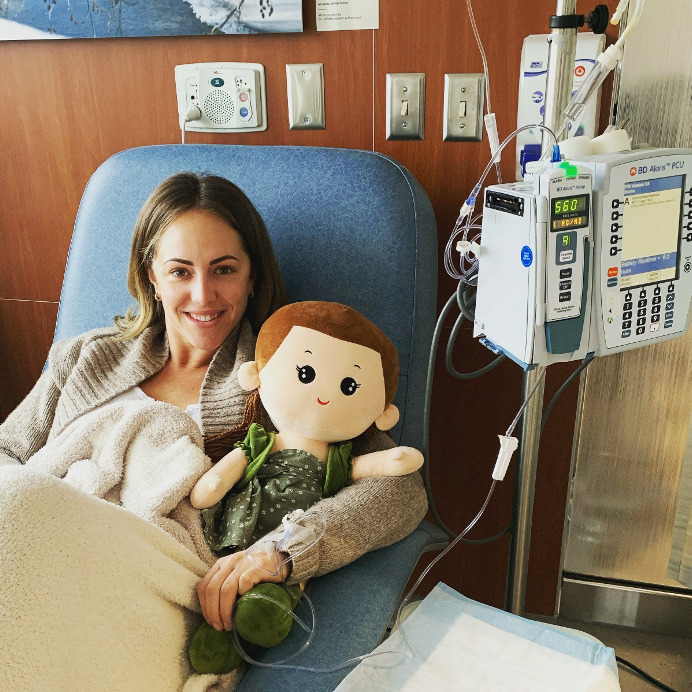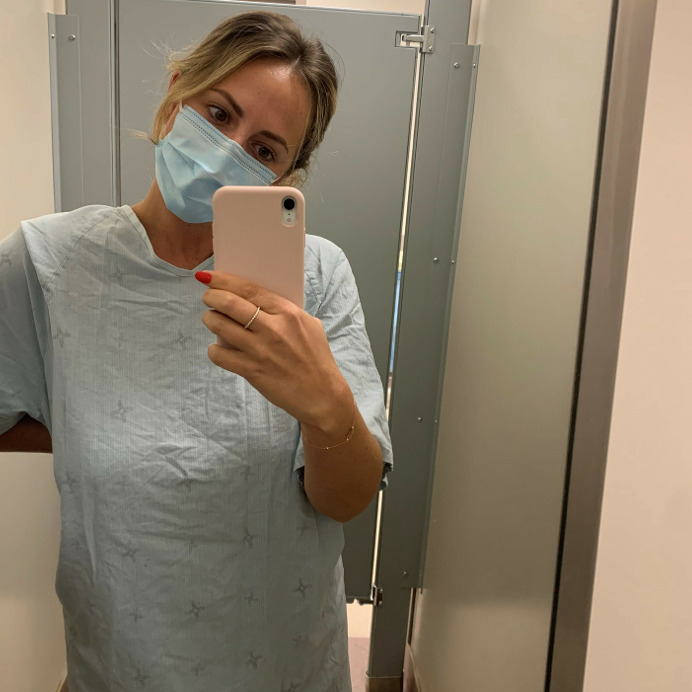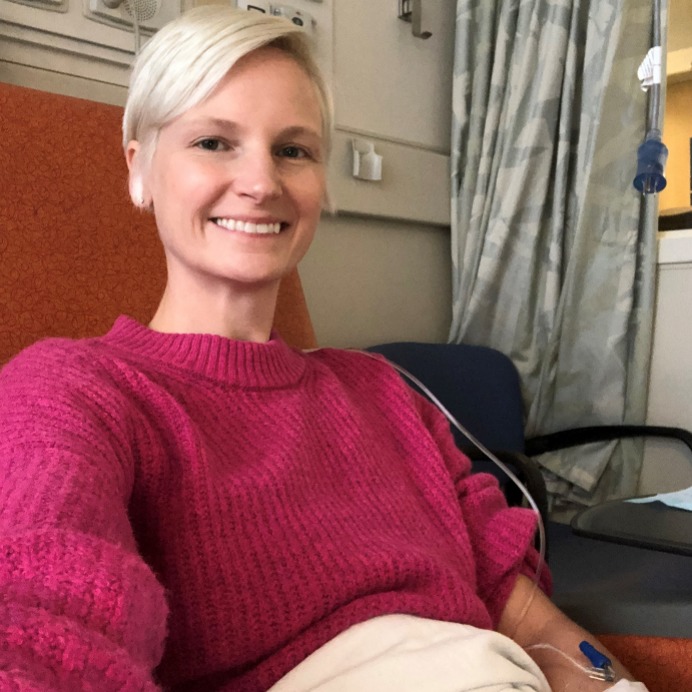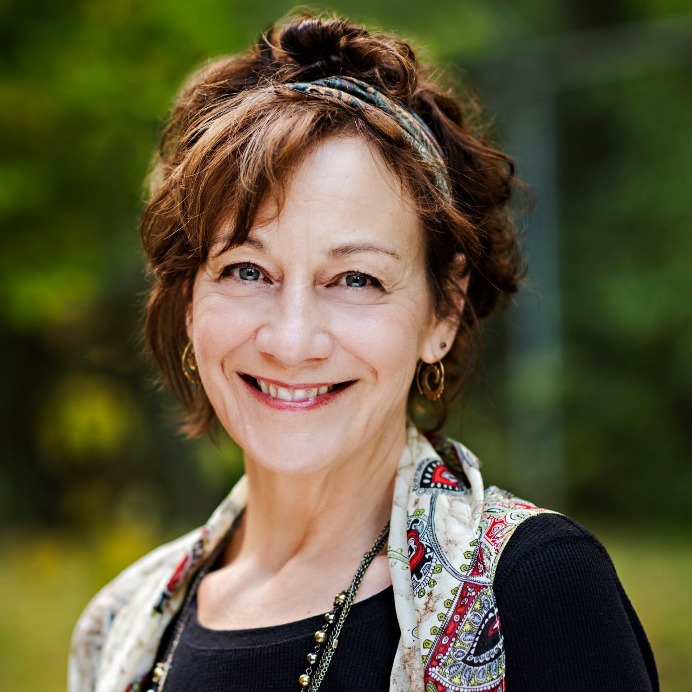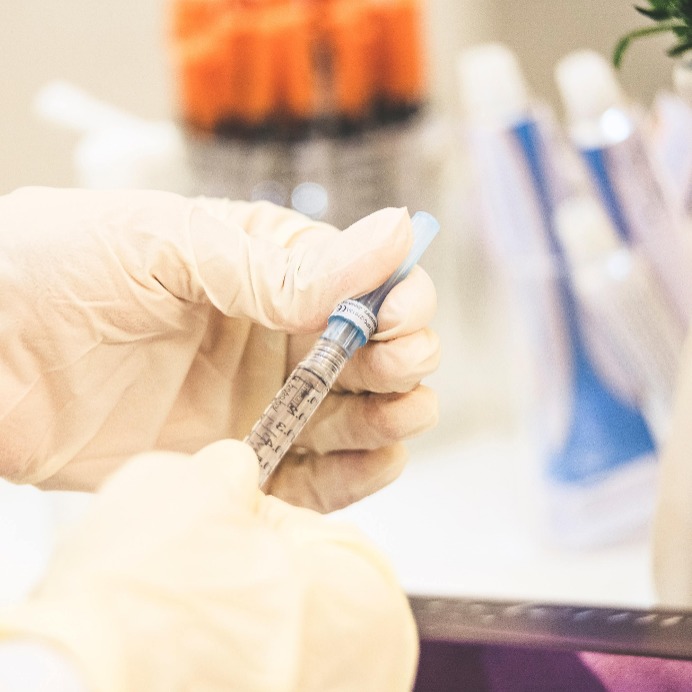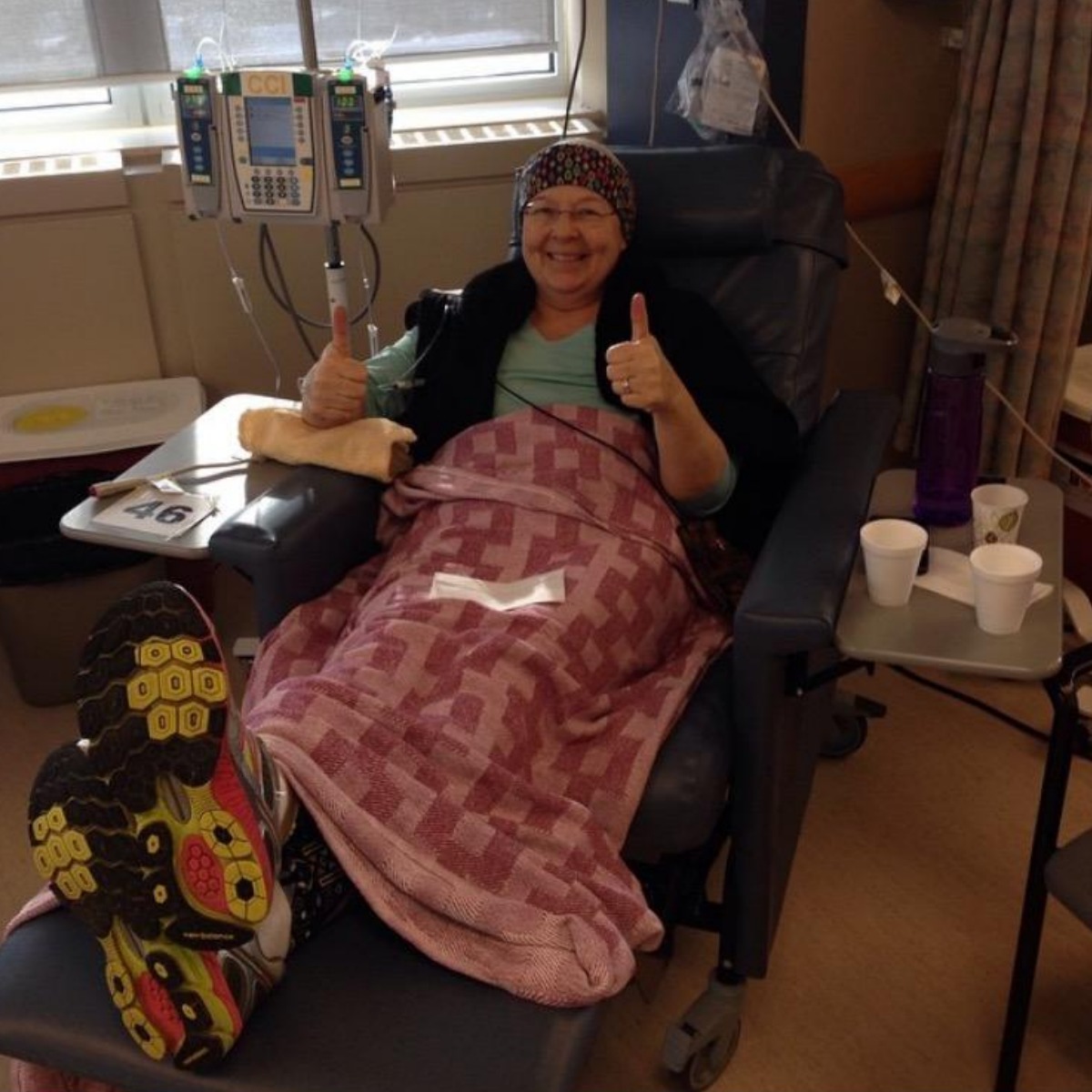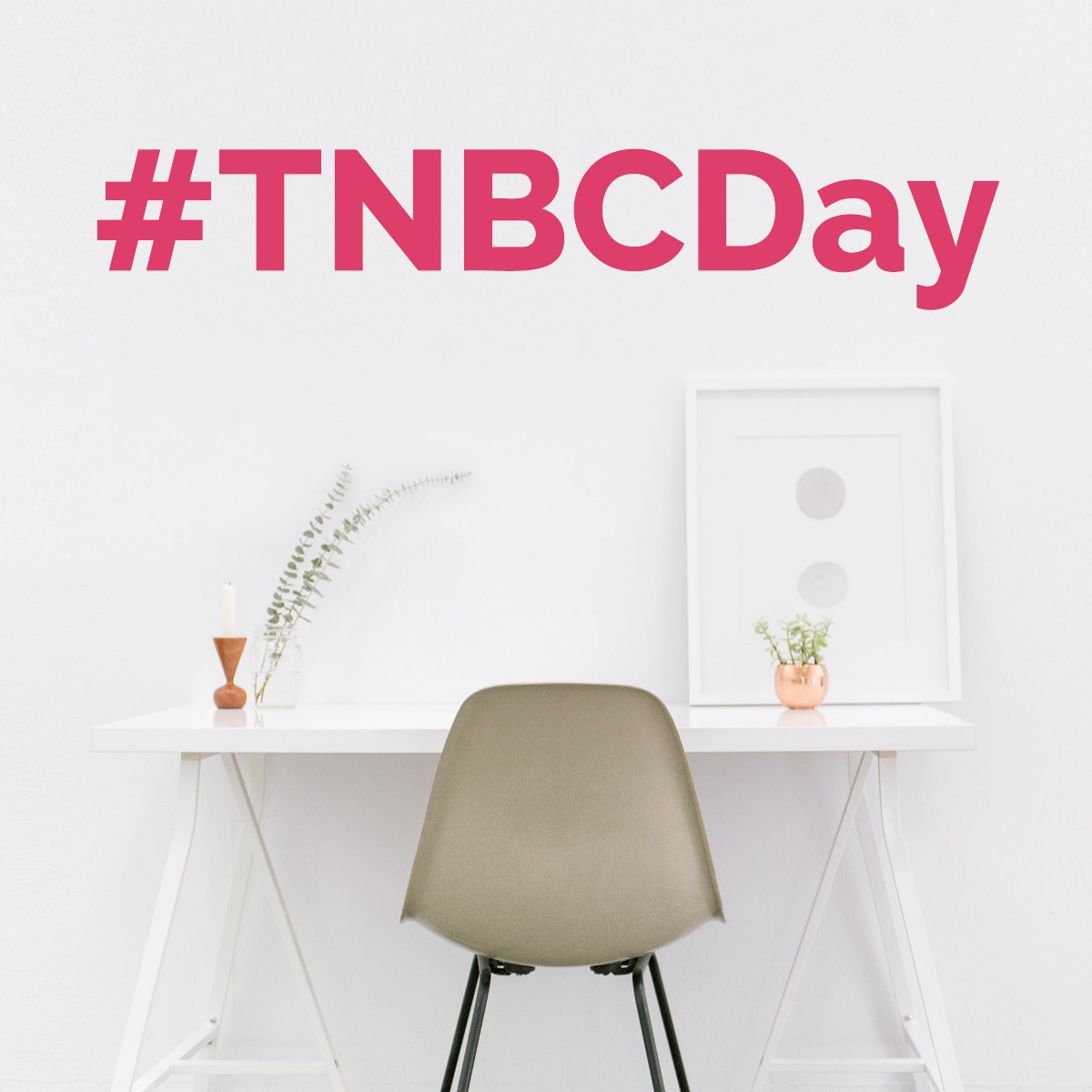By continuing to use our site, you consent to the processing of cookies, user data (location information, type and version of the OS, the type and version of the browser, the type of device and the resolution of its screen, the source of where the user came from, from which site or for what advertisement, language OS and Browser, which pages are opened and to which buttons the user presses, ip-address) for the purpose of site functioning, retargeting and statistical surveys and reviews. If you do not want your data to be processed, please leave the site.
The Voice of People With Breast Cancer
Education
Our Voices Blog
Tag : TNBC
Assessing Eligibility to Access Genetic Testing in Canada: Rebecca’s Access
Many aspects of healthcare access in Canada are based on where you live. Access to genetic testing for hereditary cancer is no exception. In the first articles of this series, we spoke to Mykah Obrigewitch. Today, let’s meet Rebecca Dahle and explore where she may or may not be eligible to access genetic testing for hereditary cancer in Canada.
Charting a Different Course
Jeanne lost her mother when she was 25, and her aunt also had breast cancer. When Jeanne was diagnosed with triple-negative breast cancer (TNBC), her children were still very young. In her blog, www.triplenegatif.blogspot.com, Jeanne returns to the multiple aspects of the breast: that of the woman, the mother, the sick person, then the reconstructed breast. Heredity and lineage, but also faith, are questioned in a lyrical, almost poetic and soul-searching way.
Busting Breast Cancer Myths: Breast Cancer Only Affects White Women
It would be easy to assume that breast cancer is a disease that largely affects white women. Historically, Western research in the sciences and medical fields has focused on white men and women; a widespread and deeply rooted effect of colonialism. For example, two commonly used indicators for identifying breast cancer risk, body mass index (BMI) and breast density, are largely based on white populations and may not be as accurate for Black and Asian women.
Recognizing TNBC Day: Raising Awareness, Reflecting on Progress, and Supporting Patients
March 3rd is recognized as Triple Negative Breast Cancer (TNBC) Day. While its aggressive nature and fewer treatment options can be distressing for those living with TNBC, access to information and support resources also continues to grow and improve. Seeking help, staying informed, and keeping in tune with your own experiences and emotions can help you feel more in control of your journey. Here, we present a list of educational and support resources for those diagnosed with TNBC.
One Woman’s Mission to Transform Breast Cancer Care in Canada
In 2017, Dawn received her own life-changing diagnosis: triple-negative breast cancer (TNBC), an aggressive form of breast cancer. When diagnosed with this type of breast cancer, the message of hope is often lost amidst the urgency of treating an aggressive form of cancer. Being told things like, “survival rate is low, recurrence is high”, “it’s harder to treat", "chemotherapy regimen is very aggressive”, “the side effects are quite harsh”, “typically, the cancer may return in the first 5 years following treatment” can leave a person feeling helpless.
Breaking Barriers in Triple Negative Breast Cancer Care
If you’ve been with us for a while or if you have Triple Negative Breast Cancer (TNBC) you know that this subtype is considered more aggressive and has fewer treatment options than other subtypes of breast cancer. By now, you’re also likely aware of the risks associated with TNBC. In 2023, we launched a report that identifies the educational, informational, and support needs of Canadians diagnosed with TNBC. Since then, we’ve dedicated significant time to raising awareness about its findings, including targeted advocacy for improvements in key issues affecting TNBC patients or those who are at elevated risk of developing TNBC.
Navigating the Stop Signs: A Story of Genetic Testing
My mother was diagnosed with triple negative breast cancer at the age of 30, both of which are strong indicators of a genetic mutation. My mother was quick to expose my sisters and me to the danger we may face in young adulthood following her diagnosis.
TNBC: Who’s at Risk?
Treatment can be difficult for this type of breast cancer. Without receptors, triple negative tumors do not have the proteins they need to respond to common breast cancer treatments like hormone and targeted therapy, which are used for hormone-positive or HER2-positive breast cancer. Research shows that some people have a greater chance of developing triple-negative breast cancer (TNBC) if they are subject to certain risk factors.
Latest Research from SABCS 2023 – Early Stage
CBCN had the pleasure of attending the San Antonio Breast Cancer Symposium in December. Below you’ll find the latest research for early-stage breast cancer. Watch out for the latest research on mBC.
We Asked You About Chemotherapy Side Effects
Experiencing side effects from breast cancer treatment is a common occurrence for patients. While systemic chemotherapy, radiation, and targeted therapy are effective treatments for breast cancer, learning to cope and live with their unwanted or unexpected side effects can be challenging. We reached out to breast cancer patients to hear about their experiences with this.
Humour in Times of Crisis pt. 2 - Excerpts from Angel in the Marble
The minute you get a cancer diagnosis, you start looking for the magic cure. For me, this meant researching the hell out of the disease and revamping my lifestyle, exercise regime, spiritual practice, and diet. Within days, I knew the latest cancer breakthroughs and snake oil salesman’s remedy for the problem. And I took on the task of miraculous cure (and possible canonization) with a vengeance. Turmeric was the new gold standard. I popped four pills a day and drank Indian golden milk and turmeric lemon tea morning, noon, and night. My skin oozed Trumpian orange, my countertops glowed with permanent yellow stains, and man, did I feel good. I knocked back shots of apple cider vinegar chased by pomegranate juice. I downed hemp hearts, chia, flax, and bee pollen. My daughter Sonja arrived one day with the Holy Grail—a Vitamix— and it became my cauldron, a sacred vessel for preparing healing concoctions laced with kale, ginger, blueberries, and coconut water.
To the Girl Standing in The Blue Hospital Gown, Part 2
I’m still scared and I’m still nervous, but I’m okay. I’m finding a sense of peace and calmness in all of this chaos. These past 42 days have been life changing. Being diagnosed and the end of a relationship has really tested my ability to find acceptance in everything. I continue to smile and laugh; life is truly incredible. The universe works in ways that I’ll never fully understand and in the darkest moments there is still light to be found.
To the Girl Standing in The Blue Hospital Gown, Part 1
Well, the results are in.
Take a seat.
Take a deep breath.
It’s positive.
Questions and Experts Session Guide: A Medical Oncologist Answers Questions about Triple Negative Breast Cancer
A breast cancer diagnosis comes with so many questions and there never seems to be enough time at appointments to have some of these questions answered. To help address this, we developed a "Q&E: Questions and Experts" series. In this series, a variety of experts spend the entire virtual session answering pre-submitted and live questions from participants. Watching the videos on-demand might be a little difficult to get through. So, we’ve created this guide to help you get right to the questions and answers that matter the most to you.
Getting Through My Worst-Case Scenario
The worst weeks of my life had finally come to an end. It had been six weeks since my lumpectomy. Six terrifying weeks, living with many unknowns, in a state of complete disillusionment. But the wait was finally over because today I would meet my medical oncologist for the first time, she would go over my pathology report, and reveal my treatment plan. Going into the appointment I felt ready to face whatever would come my way. After experiencing the darkest days of my life, I had emerged feeling strong and optimistic. I had done a lot of research and decided that the odds were in my favour, I could beat this… unless I had triple negative breast cancer (TNBC), because that was a different story. However, I wasn’t worried about that because I knew that TNBC only makes up 10-20% of breast cancers and that aside from my age, I didn’t really have any risk factors. So, there I was, full of hope, when I was hit with what I had identified as the worst-case scenario. As soon as I heard “Your cancer is triple negative”, I burst into tears. I don’t remember much of the appointment after that.
Triple Negative Breast Cancer: Shoulda, Woulda, Coulda and a TIP
If you’re going to be told you have breast cancer, you want to be able to say, “They caught it early.” With Triple Negative Breast Cancer (TNBC) - an aggressive, difficult to treat type of breast cancer - early detection is especially important.
Immunotherapy and Breast Cancer Explained: Thoughts From a Researcher Who Has Also Had Triple Negative Breast Cancer
Traditional cancer therapies (such as chemotherapy and radiation therapy) have shown widespread success against various cancer types, but are known to have toxic, undesirable side effects as they do not selectively kill cancer cells and therefore actively damage healthy cells as well. This is where immunotherapy comes into play. Immunotherapy is a form of therapy that uses the body’s own immune system to fight the cancer within it. Think of your body as a battlefield and your immune system the frontline of soldiers, ready to attack foreign invaders. The problem with cancer cells is that they are not easily recognized as foreign pathogens (such as viruses or bacteria) because they originate in the host’s body and mutate from normal cells. It has long been postulated that the immune system could be used to target and kill cancer cells, but the process of figuring out how to harness this ability is not a simple task.
Triple-negative breast cancer: managing the fear of recurrence
“Abject terror floating in the back of my head.” That’s how Shelley Moore of St. Albert, Alberta describes her reaction to her 2014 diagnosis of Stage II triple negative breast cancer.
Fear of recurrence runs high for triple negative breast cancer patient
Montreal resident Kelina feels like a “sitting duck” because although researchers are working hard to find treatments for triple negative breast cancer, there are no targeted therapies available to this cancer, which was diagnosed in December 2015.
Triple Negative Breast Cancer Day
Triple Negative Breast Cancer Day is an annual global event on March 3. This is a day for a global awareness and grassroots fundraising aimed at helping to eradicate triple-negative breast cancer and celebrating the courage and strength of triple negative breast cancer patients and survivors.

